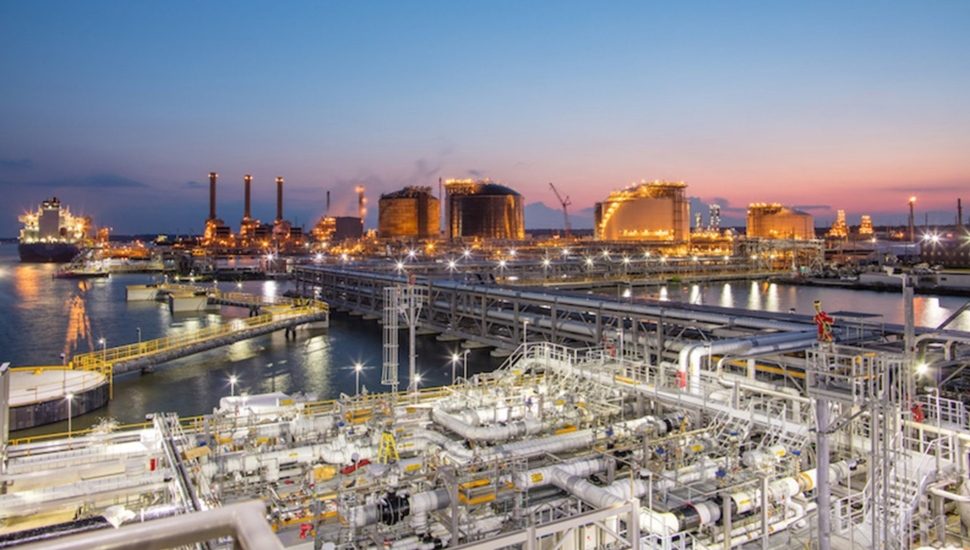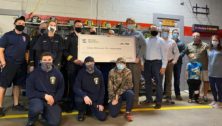Natural Gas Playing a Key Role in One of the Most Ambitious Immunization Campaigns in American History


We are in the midst of one of the most ambitious immunization campaigns in American history, and it wouldn’t be possible without the natural gas liquids that Energy Transfer, through its Mariner East pipeline system, plays a critical role in transporting to markets in Pennsylvania and beyond.
The COVID-19 vaccine is packaged in dry-ice-filled boxes and refrigerated containers and loaded onto trucks and cargo planes that deliver it all across the country.
This mass distribution would not be possible without oil and natural gas and their byproducts that we all rely on in our daily lives.
The most obvious example of how oil and natural gas are needed in this process is the fuel used to ship the vaccines across the country. (Energy Transfer is one of the largest and most diversified energy logistics companies in the country, with approximately 3,000 miles of pipeline infrastructure and gathering systems located in Pennsylvania.) Additionally, natural gas remains the primary power source for our country’s electric grid, which hospitals, nursing homes, and clinics rely upon.
But what critics of the oil and gas industry hesitate to discuss is the rest of the supply chain needed to safely and quickly distribute this vaccine to those who need it most:
- Dry Ice: Vaccines are being insulated for shipping with dry ice, a product made purely of carbon dioxide. This raw material is the byproduct of the refinement of gases emitted during the manufacturing or refinement of other products — mainly petroleum and ammonia. The carbon dioxide emitted during these processes is suctioned, contained, and cleaned in order to make dry ice.
- Refrigeration: Hospital freezers, like our home refrigerators and air conditioners, circulate refrigerant to create a cooling effect. Refrigerants are typically a mixture of chemical elements that are captured during the refinement of petroleum or can be a direct byproduct such as butane.
- Perhaps most important, but the least thought of, are the millions of individual plastic syringes that safely hold the vaccine, which would not be possible without oil and gas. What’s more is that each dose is administered by a healthcare worker wearing a plastic face shield, eye protection, and synthetic masks and gowns. This personal protective equipment (PPE), along with the hundreds of other single-use plastic medical items that are critical components of our antiseptic model of modern medicine, is made from oil and natural gas.
We often take for granted the thousands of items we use daily that are made from oil and natural gas. In many cases, especially healthcare, these items fulfill specific purposes and cannot be easily or affordably manufactured by other raw materials. And while people’s opinions about the oil industry may vary, it’s during critical times like these that Americans should realize the importance of this industry and the contributions of the workers who make sure it is safely produced, transported, and refined to eventually become important products that make our modern lifestyle possible.
Join Our Community
Never miss a Delaware County story!
"*" indicates required fields









![95000-1023_ACJ_BannerAd[1]](https://delco.today/wp-content/uploads/sites/3/2023/03/95000-1023_ACJ_BannerAd1.jpg)





















